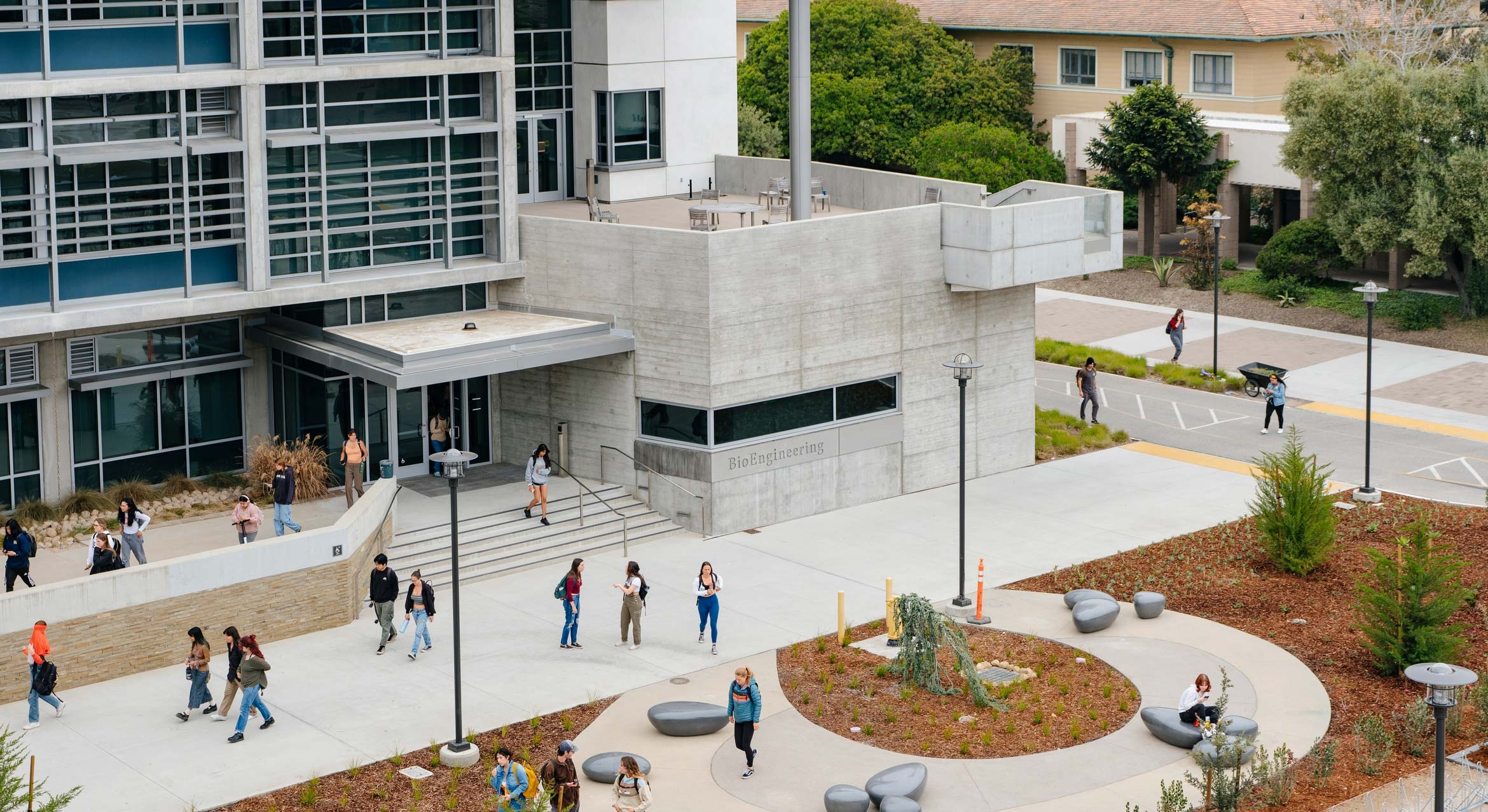The Chicano movement of the 1960's and 70's represents the most significant civil rights and empowerment movement by Mexican Americans in the United States. The Movement –– El Movimiento –– was part of the protest movements of the time, even though its contributions have not been well integrated by the historiography of that period.
A two-day conference at UC Santa Barbara will examine this major and formative period in Chicano history. "Chicano Power!" begins at 8:30 a.m. on Friday, February 17, in the McCune Conference Room, 6020 Humanities and Social Sciences Building. The conference is free and open to the public.
"At a time when, in places such as Arizona, some are questioning the validity of Chicano Studies, this academic conference on the emerging historiography of the Chicano Movement should dispel such erroneous views," said Mario García, professor of Chicana and Chicano Studies and of history at UCSB, and the principal organizer of the conference. "Forty years after the major events of the Chicano Movement, many historians and other scholars are examining and also revising the meaning of this most significant moment in Chicano history. They are doing so not with rhetoric but with the scholarly tools that they possess."
Among the speakers will be Jorge Mariscal of UC San Diego, who will deliver the keynote address. His talk is titled "Who Cares What Happened 40 Years Ago? The Chicano Movement Today."
In addition, a special panel will highlight recently published books on the Chicano Movement. They include "Blowout! Sal Castro and the Chicano Struggle for Educational Justice" by García; "Quixote's Soldiers: A Local History of the Chicano Movement, 1965-1981" by David Montejano of UC Berkeley; "Chicana Power! Contested Histories of Feminism in the Chicano Movement" by Maylei Blackwell of UCSB; "Fighting Their Own Battles: Mexican Americans, African Americans, and the Struggle for Civil Rights in Texas" by Brian D. Behnken of Iowa State University; and "Mythohistorical Interventions: The Chicano Movement and its Legacies" by Lee Bebout of Arizona State University.
According to García, the discussion of the political strategies of the Chicano Movement based on direct action or nontraditional forms of protest may help guide Latinos in affecting changes to current public policies, such as those involving immigration and education. Direct action is becoming relevant today, he noted, as witnessed by the Occupy Wall Street protests.
More information about the conference, including a complete schedule of events, can be found at http://www.chicst.ucsb.edu.
Related Links



